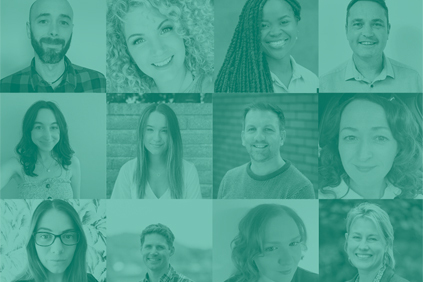Overview
As of December 2023, 16,812 children and young people in Wales were waiting for an ADHD or autism spectrum disorder (ASD) neurodevelopmental assessment. By June 2023, over two-thirds (67.4%) had been waiting more than 26 weeks.
In recent years there has been an exponential rise in demand for neurodevelopmental assessments, which is projected to continue to increase in coming years.
In February 2025, the Welsh Government announced £13.7 million to transform services and cut ADHD and autism waiting times.
We’ve been working with the Welsh Government’s Neurodivergence and Learning Disabilities team to explore how digital tools could ease pressure on the professionals involved in assessments, making it easier for them to do their jobs effectively, while also improving the experience for families and individuals on the waiting list.
Discovery - understanding the problem
Working with Welsh Government's neurodivergence team, we conducted comprehensive research to see how we can improve the neurodivergence referral and assessment process, interviewing 30 participants across three key user groups: professionals, parents/guardians, and neurodivergent adults from all regions of Wales, including Welsh speakers.
Our findings revealed significant challenges including increasing service demand, specialist bottlenecks, difficulties accessing information, and overwhelming administrative burdens for professionals. We identified several potential digital solutions, particularly a digital information gathering product that could streamline processes for both users and professionals. We carried out an evaluation of existing market products against criteria based on the Digital Service Standard for Wales, identified user needs, business requirements, UX best practices, and neurodiversity considerations to determine the most effective path forward.
Alpha - gaining a deeper understanding
While we initially considered a digital information gathering product as a solution, we recognised the need to understand the full-service journey first.
Through interviews, workshops, and site visits with clinical leads, therapists, administrative staff, and operational managers across four health boards, we mapped the entire pathway from referral to post-diagnostic support. We uncovered a system under significant strain where dedicated professionals rely on workarounds, handwritten notes, and personal spreadsheets to compensate for inadequate digital systems.
Key insights emerged: technology implementation requires deep system understanding; staff are stretched thin; and supplier capabilities vary considerably. Most importantly, mapping the full-service pathway itself proved transformative by exposing hidden challenges and opportunities for coordinated improvement.
We're now advancing to the Beta phase to implement practical solutions to neurodivergent services across Wales.
Beta - testing practical real world improvements
Working with Welsh Government and a number of Health Boards, our two-pronged approach focuses on exploring new digital tools, including AI scribing technology to reduce administrative burden and reclaim clinical time, while also improving existing systems through better configuration and streamlined workflows.
Rather than creating entirely new systems, we're targeting specific pain points where targeted improvements can make meaningful differences.
